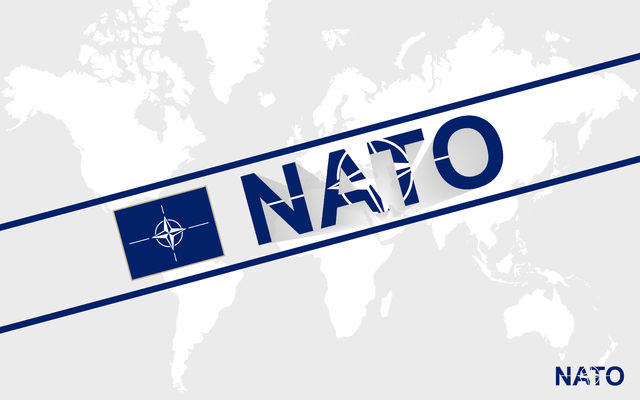At a recent news conference, President Obama called into question Donald Trump’s fitness for office by criticizing his policy stances on ceding living space to Russia as another great power and pushing wealthy U.S. allies to do more to defend themselves, so the United States wouldn’t need to continue to bear most of that burden. Although Obama may be right that Trump is generally unready to be president, Trump’s thinking on these specific issues is surprisingly insightful.
Facing nearly $19 trillion in debt, which has been accumulated in part by fighting expensive and unneeded brushfire wars overseas, an overstretched superpower now needs more help from rich friends to defend themselves. Based on prior US failed pleas for its allies to do more, it will not happen unless the United States does less.
In Europe, the NATO alliance, an arrangement left over from the Cold War that requires the United States to defend well-to-do European nations against a much poorer Russia, has expanded to the Russian border - resulting in the rise of a nationalist Vladimir Putin and his aggressive actions in Ukraine to prevent that nation, so critical to Russia, from entering the hostile organization.
In East Asia, US Cold War alliances with well off Japan and South Korea have been augmented to contain China and North Korea. In both regions, the United States ultimately has agreed to the not-well-publicized pledge to use nuclear weapons if the Europeans get into a war with a nuclear-armed Russia and the East Asian allies get into a war with nuclear-armed China or North Korea. This policy essentially holds Los Angeles and San Francisco at risk to save London, Paris, Berlin, Tokyo, and Seoul. This trade off was never good for American security even during the height of the Cold War, let alone in a much less threatening post-Cold War world.
When irrational US commitments are put in these stark terms, as opposed to mere billions of dollars wasted on one-sided alliances, Donald Trump’s idea that Japan and South Korea should be allowed to get nuclear weapons to defend themselves, and lessen the burden on the United States, doesn’t seem so wild-eyed. In Europe, Britain and France already have nuclear arsenals that could protect their affluent neighbors from Russia even if the obsolete NATO were discontinued. Furthermore, ironically, as Obama was criticizing Trump for his advocacy of allowing Japan and South Korea to get nuclear weapons and the Japanese government was disavowing any desire to ever get them, Japan was moving ahead on a new plutonium processing facility that could produce eight tons of plutonium a year. Plutonium is the material used to make sophisticated nuclear warheads.
An accepted fact among nuclear weapons experts is that the technically capable Japan is already a near-nuclear weapons state - because that country has assembled all of the items needed to make nuclear weapons quickly and just hasn’t put the pieces together because of political reasons. Also, some academics have used sophisticated analytical methods to argue that more states possessing nuclear weapons, with their deterrent effect on conventional war, actually makes the world safer. In any event, even if nuclear nonproliferation is accepted as a goal, the United States should better worry about unstable countries such as Iran, Egypt, and Saudi Arabia obtaining the bomb rather than good world citizens such as Japan and South Korea.
Thus, upon deeper analysis, even Trump’s seemingly extreme notion of allowing prosperous allies to takeover more of their own defense by getting nuclear weapons doesn’t seem so irrational. The United States simply can no longer afford to provide security for countries that don’t even fully open their markets to US exports.

















